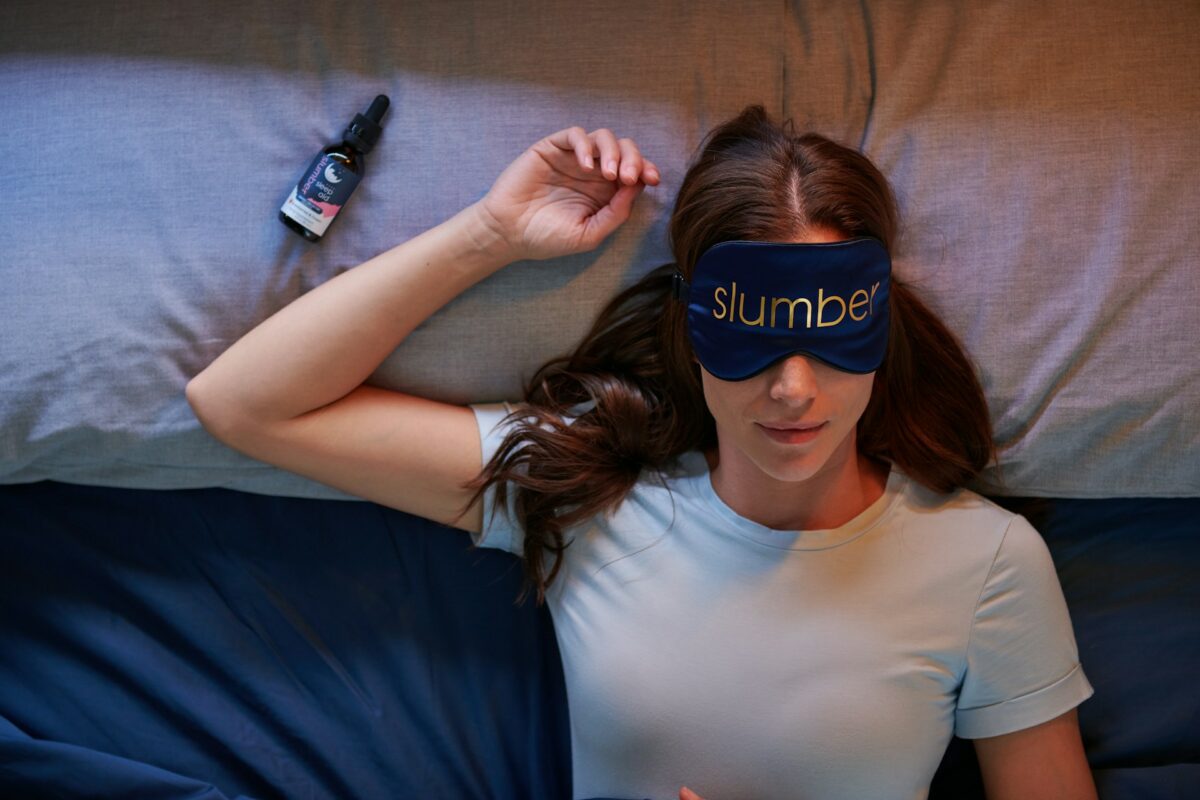Physical activity plays a crucial role in maintaining overall health and well-being, with numerous studies demonstrating the positive effects of exercise on sleep quality. For residents of Maple Ridge, Pitt Meadows, and Vancouver, understanding the sleep-exercise connection can empower individuals to make informed choices in their daily routines that promote better sleep and overall health.
At Sleep Better Live Better, our sleep doctors in Vancouver are dedicated to offering comprehensive solutions to help patients achieve restorative sleep and cultivate a sense of well-being. One such approach includes encouraging regular physical activity as a means to improve sleep quality and overall health.
In this blog post, we will delve into the effects of exercise on sleep quality, discussing the various benefits of physical activity in promoting healthy sleep patterns and a balanced lifestyle for residents of Metro Vancouver.
We will also provide tips and recommendations to help individuals integrate exercise into their daily routines, enabling them to reap the numerous health benefits associated with regular physical activity.
Recognizing the connection between exercise and sleep health is a crucial stepping stone in establishing a lifestyle that fosters restorative sleep and overall well-being. By incorporating regular physical activity into daily routines, residents of Maple Ridge, Pitt Meadows, and Vancouver can enjoy better sleep quality, improved mood, and enhanced overall health.
In the following sections, we will discuss the specific ways in which exercise can positively impact sleep quality and provide practical tips for incorporating physical activity into daily routines. Our goal is to provide valuable information and guidance for individuals seeking to improve their sleep and overall well-being through exercise and other lifestyle modifications.
The Science Behind the Sleep-Exercise Connection
Exercise impacts our sleep quality through various physiological and psychological mechanisms. By understanding the science behind the sleep-exercise connection, individuals can better appreciate the importance of incorporating physical activity into their daily routines. Some key aspects of the exercise-sleep relationship include:
- Regulation of Circadian Rhythms: Exercise can help regulate and synchronize our internal body clocks, or circadian rhythms, which control our sleep-wake cycles. Engaging in physical activity, particularly in the morning or early afternoon, can support a more stable and consistent sleep schedule.
- Reduced Stress and Anxiety: Regular exercise has been shown to promote the release of endorphins and decrease stress hormones, leading to improved mood and reduced anxiety levels. Lower stress and anxiety can contribute to a more relaxed and conducive state for restorative sleep.
- Increased Sleep Efficiency and Duration: Research has demonstrated that exercise can increase the amount of time we spend in deep, restorative sleep stages, leading to higher overall sleep efficiency and potentially lengthening sleep duration.
- Enhanced Thermoregulation: Exercise can help improve the body’s natural thermoregulation process, aiding in the natural decrease of body temperature that occurs in response to sleep onset. A cooler body temperature promotes more restful sleep and supports sleep maintenance.
With these benefits in mind, it’s clear that engaging in regular exercise can have a profound impact on sleep quality and overall well-being.
Types of Exercise for Better Sleep
There is no one-size-fits-all approach to exercise, as different individuals may respond to different types of physical activity. To find the best exercise routine to promote better sleep, consider exploring the following forms of exercise and identifying those that align best with your interests, abilities, and schedule.
- Aerobic Exercise
Aerobic exercise, such as walking, running, swimming, or cycling, is known for its cardiovascular benefits and can also significantly contribute to improved sleep quality. Moderate aerobic exercise can help regulate circadian rhythms, promote relaxation, and alleviate stress. Aim to engage in at least 30 minutes of aerobic exercise most days of the week for optimal sleep benefits.
- Resistance Training
Resistance training, often involving bodyweight exercises, weight lifting, or resistance bands, can help build muscle strength, improve posture, and support better sleep quality. Incorporating resistance exercises into your routine 2-3 times per week can help enhance your sleep environment by physically preparing your body for restorative rest.
- Yoga and Stretching
Gentle, low-impact exercises such as yoga and stretching can help to reduce stress, promote relaxation, and prepare the body and mind for sleep. Practicing yoga and stretching regularly can also support overall health by improving flexibility and reducing the risk of injury. Engaging in yoga or stretching for 15-30 minutes a few times a week can contribute to improved sleep quality and overall well-being.
- Outdoor Activities
Engaging in outdoor activities such as hiking, gardening, or playing sports can offer additional sleep-promoting benefits. Exposure to natural sunlight during outdoor exercise can help to regulate circadian rhythms and support a consistent sleep schedule. Furthermore, spending time in nature has been shown to reduce stress levels and improve mood.
Finding the Right Exercise Routine
To maximize the sleep-enhancing benefits of exercise, it is essential to find a routine that is enjoyable, sustainable, and suited to individual needs and preferences. When exploring various exercise options, consider the following tips:
- Consult with a healthcare professional or sleep doctor before beginning a new exercise regimen, particularly if you have pre-existing medical conditions or concerns.
- Start at a moderate intensity and frequency, gradually increasing as your fitness level improves.
- Engage in a combination of aerobic, resistance, and flexibility exercises to optimize the sleep-promoting benefits of physical activity.
- Avoid exercising too close to bedtime, as this may stimulate the body and make it more difficult to fall asleep.
Conclusion
Incorporating regular exercise into daily routines can significantly improve sleep quality and overall well-being for residents of Maple Ridge, Pitt Meadows, and Vancouver. By understanding the sleep-exercise connection and exploring various forms of physical activity, individuals can develop an exercise routine that supports restorative sleep and a balanced lifestyle.
Ready to achieve better sleep and a healthier life? Trust the sleep specialists at Sleep Better Live Better in Vancouver! Our team of experts offers personalized care and tailored recommendations to help you overcome sleep challenges and improve your overall health. With a focus on exercise as a key component of restorative rest, we’re dedicated to helping you achieve your best sleep yet. Contact us today to begin your journey towards better sleep and a healthier, more balanced life.





